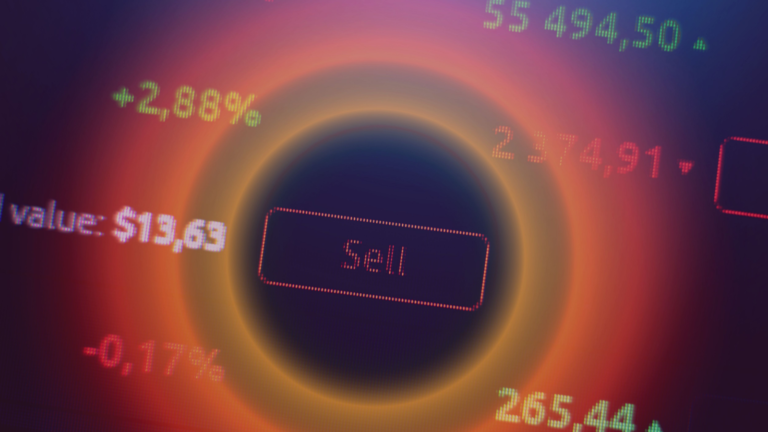Many investors try to buy stocks that are benefiting a great deal from current trends and those poised for a significant lift from future trends. The inverse of that statement is also true. Specifically, you should try to avoid stocks that are not benefiting much from current trends and probably won’t be helped much by future trends either. Investors should avoid buying stocks whose issuing companies have high valuations relative to their growth. I used all of these criteria when deciding which three Magnificent 7 stocks to recommend that investors avoid or sell. These three names have little leverage to current strong trends, high valuations relative to their growth outlooks, or both.
Apple (AAPL)

The Street is starting to realize that Apple’s (NASDAQ:AAPL) valuation is very high for a company that, at best, is growing very slowly.
A good way to think about Apple, in my view, is to realize that its revenue from the products which account for about 75% of its sales are generally stagnating or dropping year-over-year. On the other hand, the revenue from its services, which account for about 25% of its sales, generally rise by 10%-12%. If you do the relevant math, you’ll see that, in a best-case scenario under these circumstances, the firm’s sales will never climb by more than a few percentage points.
Through its use of share repurchases, which effectively eliminate shares, the firm ensures that its earnings per share will always climb by double-digit-percentage levels.
Still, AAPL stock is changing hands for a forward price-earnings ratio of 27.5 times, which is not cheap and a very high price-to-book ratio of 45.3 times. I believe that investors are going to soon realize AAPL is on the list of magnificent 7 stocks to sell because those valuations are excessive for a company whose top line is growing very little if at all.
Tesla (TSLA)

Tesla’s (NASDAQ:TSLA) automotive revenue climbed just 5% last quarter versus the same period a year earlier, while its overall EBITDA, excluding certain items, plunged 24% year-over-year.
Moreover, Tesla’s share of the U.S. electric-vehicle market sank to 50% from 64% during the same period a year earlier. And its situation in China, where its market share dropped to about 10% in Q3 from 13% in the previous quarter, is not much better.
Also noteworthy is that Tesla’s deliveries climbed 11% in Q4 versus Q3. That’s a fairly high growth rate, but it does not justify the elevated valuation of TSLA stock.
Specifically, the shares have a forward price/earnings ratio of 68. That’s an extremely high valuation for a company that’s still primarily an automaker. Conversely, Ford (NYSE:F) and BMW (OTC:BMWYY), whose EV sales are significant and growing rapidly, have forward P/E ratios of just 7.75 times and six times, respectively.
Nvidia (NVDA)

Nvidia (NASDAQ:NVDA) does, of course, have tremendous exposure to the AI boom as its chips are very widely used to create the technology.
However, some of Nvidia’s valuation metrics are extremely high. For example, its trailing price-sales ratio is a huge 29 and its price-book ratio, as of the end of Q3, was an even larger 39. Its Enterprise Value/EBITDA ratio is 56.3, while its forward price/earnings ratio is only 26.5.
But I believe that the exorbitant prices that Nvidia is charging for its AI chips now will drop significantly as its competitors, like Intel (NASDAQ:INTC), launch chips with comparable metrics. As a result, the profit estimates for Nvidia will drop, causing its price-to-earnings ratio to inflate tremendously.
On the date of publication, Larry Ramer held a long position in INTC. The opinions expressed in this article are those of the writer, subject to the InvestorPlace.com Publishing Guidelines.
